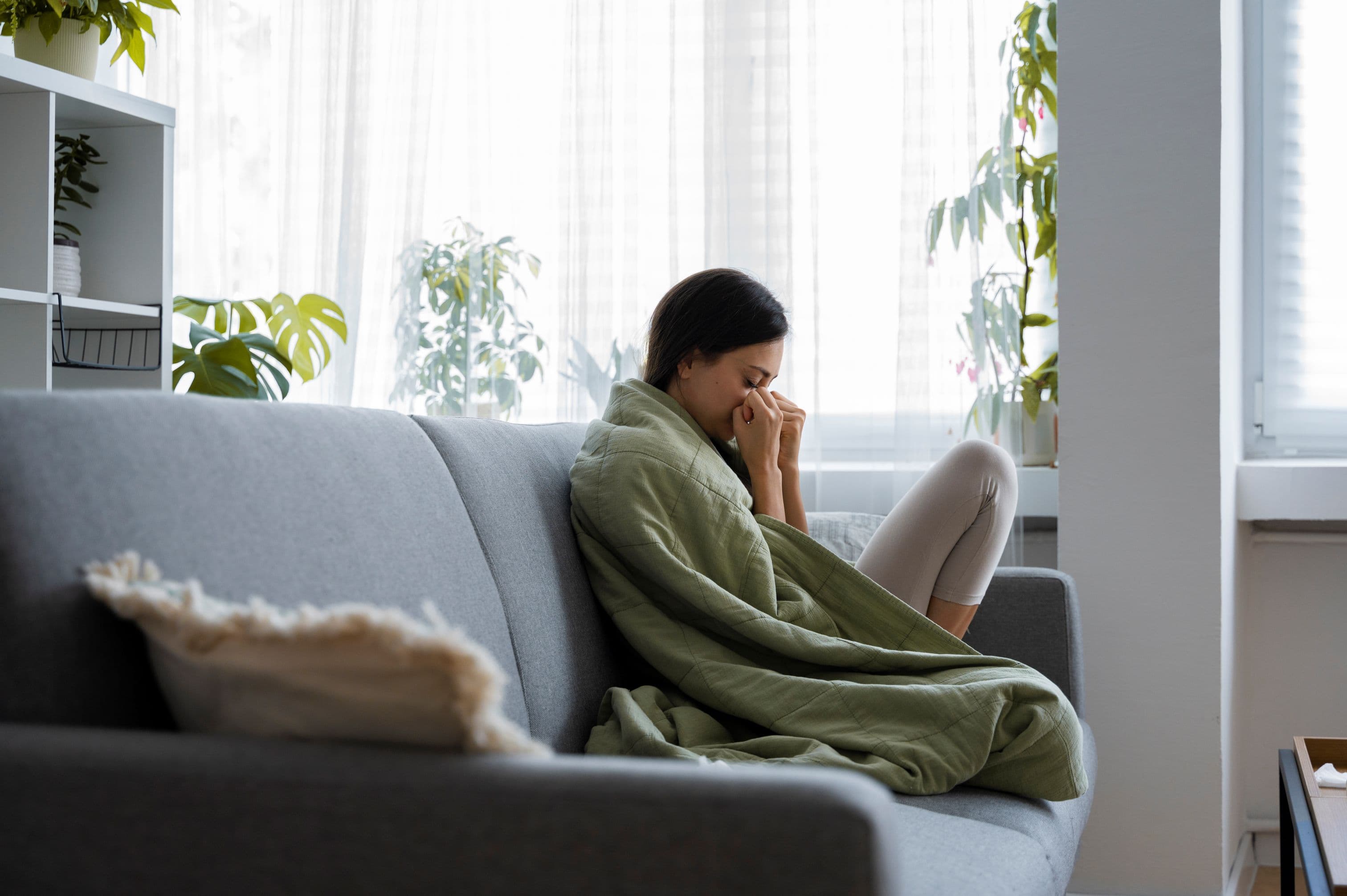Everyone experiences low energy from time to time. Feeling tired is often temporary, whether it is after a long day at work, inadequate night's sleep, or during stressful situations.
However, for some people, persistent low energy can be a sign of something deeper, such as depression. Understanding the connection between decreased energy and depression can help in identifying the symptoms and seeking appropriate care.
What is Depression?
Depression is a mental health condition that affects how a person feels, thinks, and acts. It is more than just occasional sadness or feeling “down.” People with depression often experience overwhelming feelings of sadness that can interfere with daily life.
These feelings are not only emotional but can manifest physically, leading to symptoms such as low energy, decreased concentration, and a lack of motivation.
How Does Depression Affect Energy Levels?
One of the hallmark symptoms of depression is a significant decrease in energy. This can be due to several factors that accompany the condition:
Chemical Imbalances: Depression is often linked to imbalances in brain chemicals, such as serotonin, dopamine, and norepinephrine, which play a role in regulating mood and energy. When these chemicals are out of balance, it can lead to feelings of exhaustion and a lack of motivation.
Sleep Disturbances: Depression often affects sleep patterns. Some people may experience insomnia while others may sleep excessively. Both disruptions in sleep can result in chronic tiredness and a persistent feeling of low energy throughout the day.
Physical Symptoms of Depression: Depression doesn’t just affect the mind—it also takes a toll on the body. People with depression may experience aches, pains, and muscle tension, which can contribute to feelings of tiredness and make physical activity feel like a burden.
Reduced Motivation: A loss of interest in activities that once brought joy or fulfillment is one of the main symptoms of depression. This often leads to a decrease in activity levels. Tasks that once seemed manageable, such as work, household chores, or socializing, can feel overwhelming, further increasing the sense of exhaustion.
The Impact of Low Energy on Daily Life
For those experiencing depression, low energy can disrupt almost every aspect of daily life. Simple tasks like getting out of bed, making meals, or taking care of personal hygiene may feel very difficult.
As energy levels decrease, people who are depressed may isolate themselves, withdraw from loved ones, and struggle to fulfill responsibilities at work or school.
This can create a vicious cycle: low energy leads to reduced productivity, which worsens feelings of guilt or shame, which in turn increases depression and further drains energy.
Is Low Energy Always a Sign of Depression?
While low energy is a common symptom of depression, it may not always be the case. There are other conditions that can contribute to fatigue and tiredness which include:
Thyroid disorders
Nutritional deficiencies
Stress or burnout
Chronic fatigue syndrome
Other mental health conditions, like anxiety or bipolar disorder
Therefore it is important to consider the overall context of an individual’s symptoms. Low energy alone does not always indicate depression, however if it is accompanied by persistent sadness, hopelessness, loss of interest, or changes in sleep and appetite, it may be time to consider seeking professional help.
When to Seek Help ?
If low energy persists for more than a few weeks and there are other symptoms of depression, it is important to seek professional support.
Treatment
Depression is a treatable condition, and there are several options available, including:
Therapy: Cognitive-behavioral therapy (CBT) and other therapeutic approaches can help address negative thought patterns that contribute to depression.
Medication: Antidepressants can help regulate the brain chemicals involved in mood and energy levels.
Lifestyle Changes: Regular exercise, a balanced diet, and good sleep hygiene can help boost overall energy levels and improve mental health.
Low energy is a common and often overlooked symptom of depression. While it is natural to feel tired from time to time, when low energy becomes chronic and is accompanied by feelings of sadness it may indicate the need for professional care.
Understanding this connection can help people get diagnosed with depression earlier, leading to more effective treatment and a better quality of life.
If you or someone you know is experiencing persistent low energy, it is important to consult a healthcare professional for advice and support.
